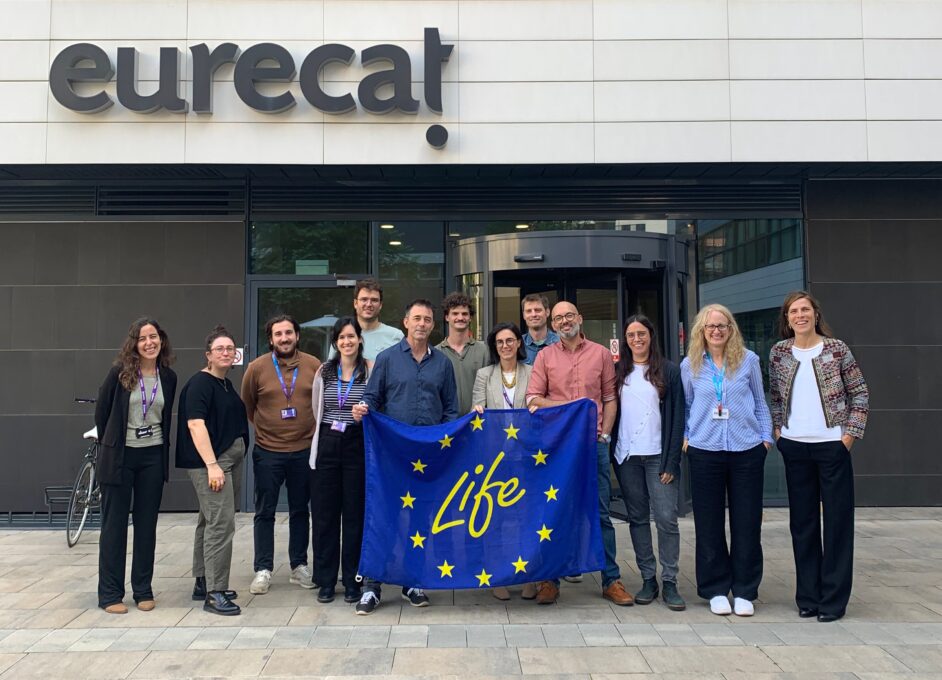LIFE InBioSoil, an initiative turning fungi and bacteria into tools for soil restoration in Europe

LIFE InBioSoil, an EU-funded project (LIFE24-ENV-ES-InBioSoil/101215446), is developing a sustainable, nature-based solution to clean contaminated soils directly on site. Unlike conventional methods such as excavation or thermal treatment, which are often costly and disruptive, the project leverages the natural abilities of fungi and bacteria, combined with advanced biotechnology and innovative low-pressure injection techniques, to restore polluted soils safely and efficiently. Supported by the EU LIFE Programme, LIFE InBioSoil highlights the type of innovative, environmentally friendly solutions the EU promotes to protect natural resources and tackle climate challenges.
Main goals
The project aims to demonstrate that bioremediation can be both effective and sustainable. It seeks to reduce energy consumption and greenhouse-gas emissions, while degrading persistent organic pollutants directly in the soil. By testing its approach at pilot sites in Spain and Belgium, the project evaluates how these techniques perform under different environmental and geological conditions. At the same time, it aims to enhance soil health, promote biodiversity, and develop methods that can be replicated and scaled across Europe, supporting EU strategies such as the Soil Strategy for 2030 and the European Green Deal.
Methodology
LIFE InBioSoil relies on a carefully orchestrated combination of biological and technological tools. Selected fungi break down complex pollutants, while specialized bacterial consortia convert contaminants into harmless compounds. These biological agents are delivered directly into the soil through low-pressure injection systems, along with nutrients and biosurfactants that make pollutants more accessible. Using predictive genomics, the project optimizes microbial strains for maximum efficiency, creating a solution that is targeted, effective, and minimally disruptive.

Pilot sites and consortium
To demonstrate its real-world potential, the project operates at two pilot sites in Spain and Belgium, representing different soil types and climatic conditions. Coordinated by Eurecat, the project brings together a strong consortium, including Tecnoambiente, Injectis, and Novobiom, whose combined expertise in biotechnology, soil engineering, and fungal remediation ensures that the project’s innovative methods can be implemented and scaled successfully across Europe.
Environmental and climate benefits
LIFE InBioSoil aims to reduce energy use by up to 90%, cut greenhouse-gas emissions by up to 80%, and achieve 40–85% degradation of targeted pollutants. These outcomes will show that nature-based remediation can be cost-effective, climate-friendly, and minimally disruptive, offering a practical alternative to conventional soil cleaning methods.
Resources | More information on LIFE InBioSoil, including project updates, methodology details, and pilot site results, can be found at the official website: https://lifeinbiosoil.eu/es/
